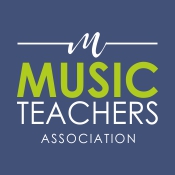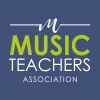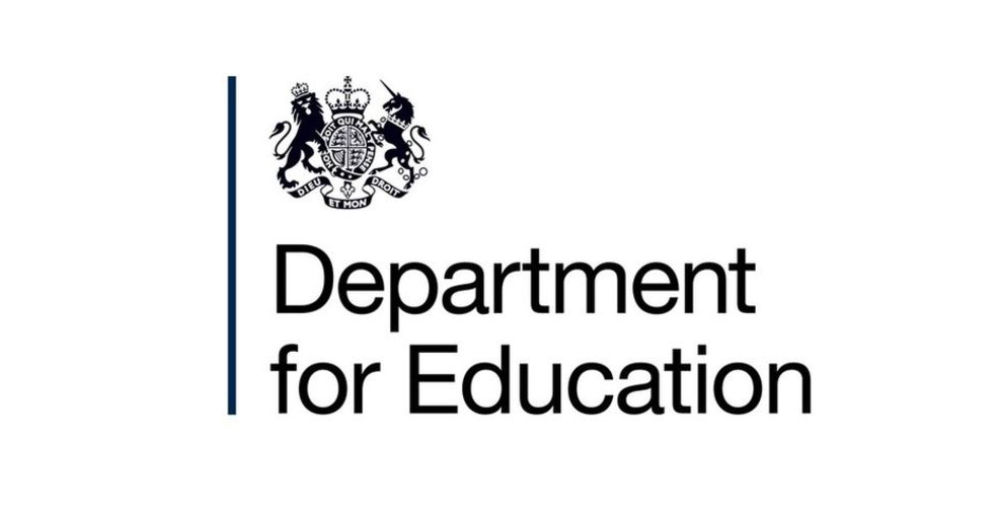The new Model Music Curriculum has been released on Friday March 26th 2021 at 9:30am by the Department for Education.
Many MTA members have contributed to its development through formal consultation, panel discussions and round-table events; MTA members have served on the Expert Panel; and the ABRSM, one of our corporate members, has been responsible for its drafting.
The Model Music Curriculum is exactly what its title suggests – a model, one of many that exist, that is non statutory, but which offers significant insight into what children can actually achieve when guided by a purposeful curriculum taught by committed, imaginative teachers.
Response from the Music Teachers’ Association:
The value of music in children’s education has been well rehearsed, but usually explained in terms of transferrable skills. The importance of the Model Music Curriculum is its shining light on the intrinsic qualities of music as a subject in its own right. Music is a craft, in which powerful knowledge and skills continually feed each other. Children and young people learn not just from their teachers, but from each other, from musicians practising now, and from the rich heritage of musicians that have gone before us. Every child and young person brings their individual musical experience to the classroom; great teachers nurture them, developing their musicianship and introducing them to music that they haven’t encountered before. With every lesson, children’s musical personalities develop.
The Model Music Curriculum is an important step in supporting our teachers in ensuring that every child is able to access meaningful classroom music in schools. The purpose of classroom music is developing musical understanding – how music works and how it conveys meaning. Along the way, children will sing, play an instrument, explore music from a range of genres, handle sound as composers, learn to improvise, and develop a means of talking about music. The Model Music Curriculum offers detailed guidance for classroom teachers in primary schools, showing a clear journey from a child’s first music lesson in school to what they can be expected to what they can be expected to do in Year 6. For specialist music teachers in secondary schools, it shows a curriculum pathway that will lead to further study at GCSE and A Level.
Above all, music in schools needs time. For children and young people to grow as musicians, they need to experience the world of music in all its richness and depth, with their musical knowledge and skills steadily growing over time. This cannot be achieved through short sound bites, or teaching on a carousel system. The Model Music Curriculum’s expectation of a minimum of one hour’s classroom music per week from Year 1 to Year 9 – with first access instrumental tuition, 1:1 lessons and musical ensembles in addition to that one hour – could make a substantial difference to the musical lives of our children and young people, and to the country at large.

Simon Toyne
President, Music Teachers’ Association
Further Resources:

Response from
MusicMark here

Response from
TES here




